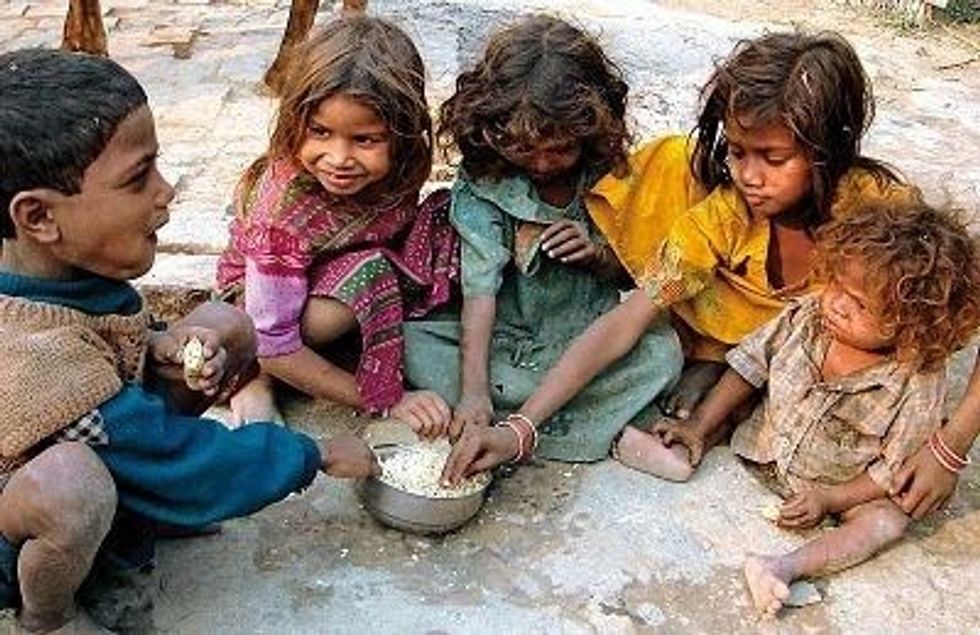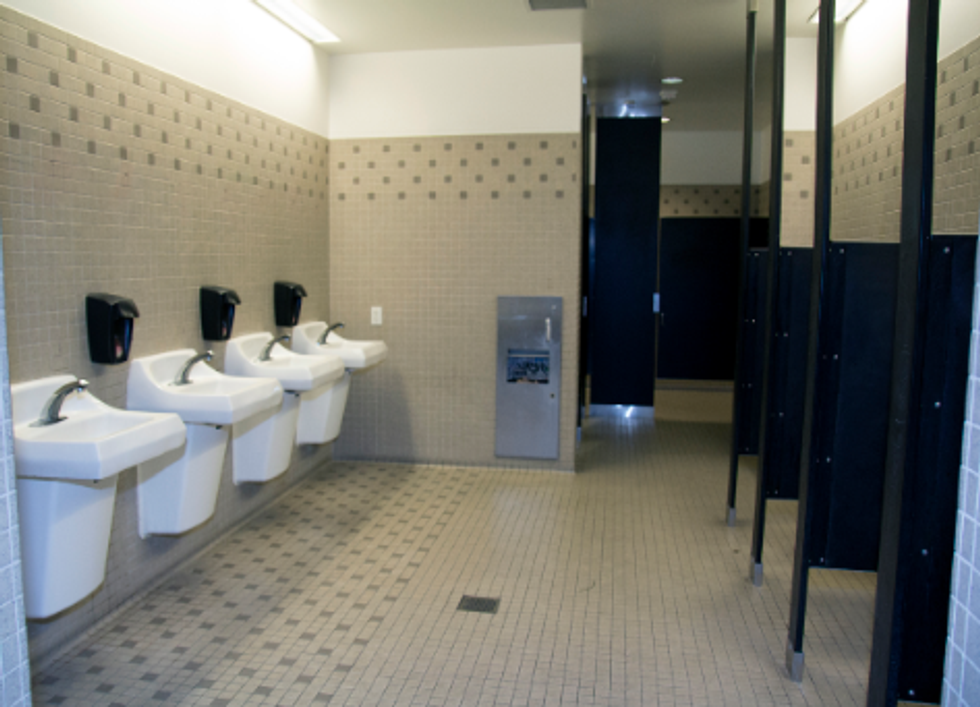....These are the intriguing types of questions that arouse my curiosity every day. This peculiar desire to answer these types of questions tends to originate from the various exhilarating trips that I have experienced every year since the age of two to less privileged areas of the world. I have witnessed that in most parts of the world, the poor are generally considered as sons of some lesser gods which, in turn, makes them appear fundamentally nonexistent in today's world. For this reason, I would like to seek a change.
It is most unfortunate that we typically donate and help the poor because we feel guilt and pity, but seldom try to delve any deeper than that. I like to think of this situation as the more affluent classes being shut in a cupboard with no intention of looking outside of their sphere of life. The truth is that we feel normal in this invisible cupboard. We feel as though staying isolated in our own lives is more important and that the poor could somehow handle themselves. I have often heard individuals remark that "it is the poor who are to blame for their own situations." As if barely being able to afford living expenses wasn't enough, by criticizing them we are adding a large burden to an already heavy load.
Throughout my trips to several cities around the world, I have seen it all. Recently, I had taken a trip to my home country, Pakistan. Not only did I see poverty in the society, but their living conditions had been the most significant to me. For instance, as I was walking about, I spotted a mother-perhaps around her late 30's-playing with her daughter-around four or five years old-on a street corner. The mother laid flat on her back with her legs in the air, while the child balanced, belly down, on her mother's legs pretending to fly whilst holding her mother's hands. Now, it is as likely as not that any one of us would have felt guilty or sad watching them. Be that as it may, as I approached them, I noticed that they were both smiling as wide as they could. I immediately asked myself, "How? Why?"
As my experiences watching and understanding the lower class grew, I finally realized that this family had everything that they needed, or perhaps that they did not know what they did not have. This was a realization that most upper-class individuals seldom see. Not only are lower class living conditions different from ours, but their standards are also much lower. Having somewhere to live, having food and water almost every night, and having each other was all that they needed to survive. I then compared this realization to individuals of higher classes. Our standards of living include more than we absolutely need, such as large houses, branded clothing, and good food on our tables every day. Standards, I learned while on my trips to Lahore, are based on our origins and how we are brought up.
In this busy world of ours, it is just too simple to ignore the troubles poor societies are facing. In my opinion, not only is it condescending, it is a surrender of one's values to see inequity and allow it to thrive. That cupboard may feel like a home to us, somewhere where we feel safe, but would it be so difficult to come out of our comfort zones and direct our efforts toward relieving the plight of these children living in poverty? I would like to step out of my cupboard and help those in need. Children living in poverty may go unseen to many of us, but they are still among us, and they still need us.










 Photo by
Photo by 








